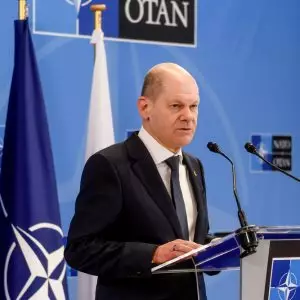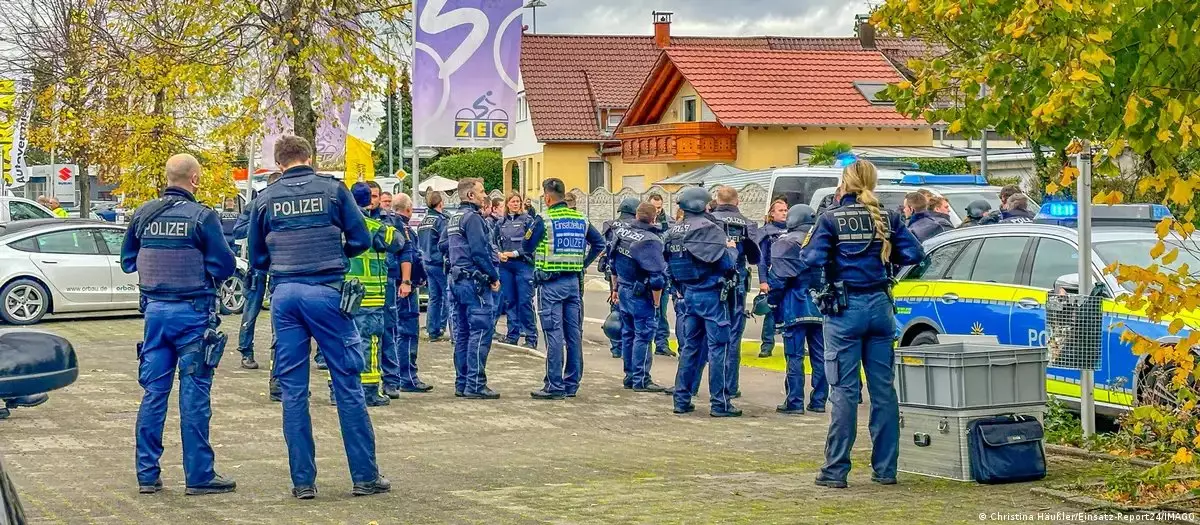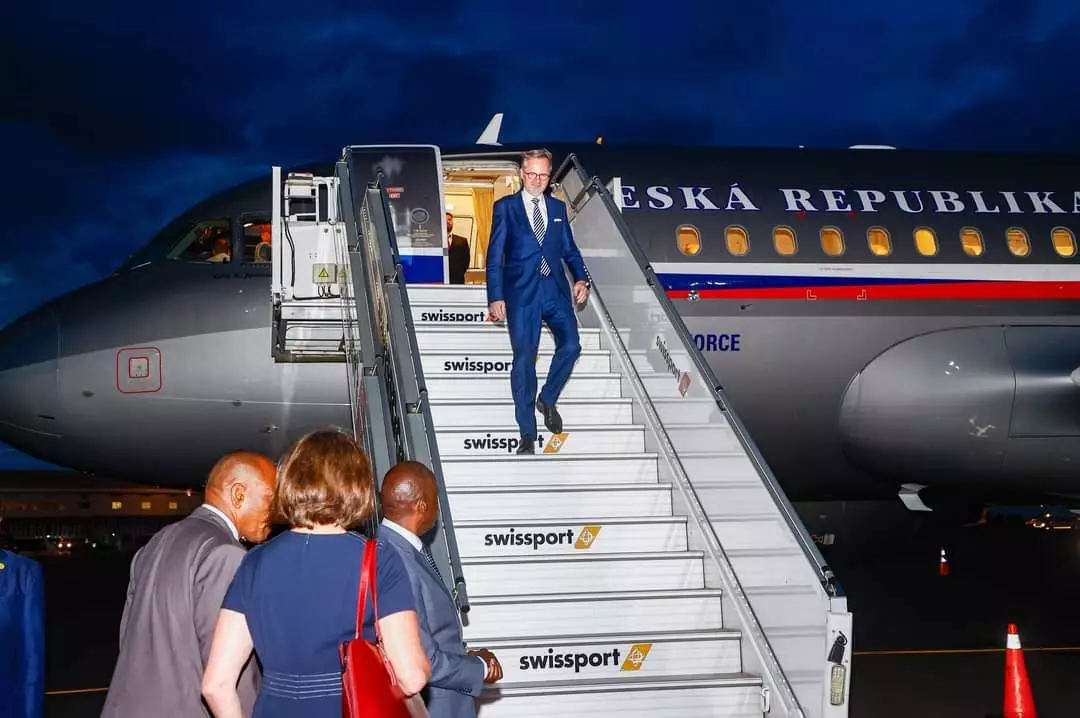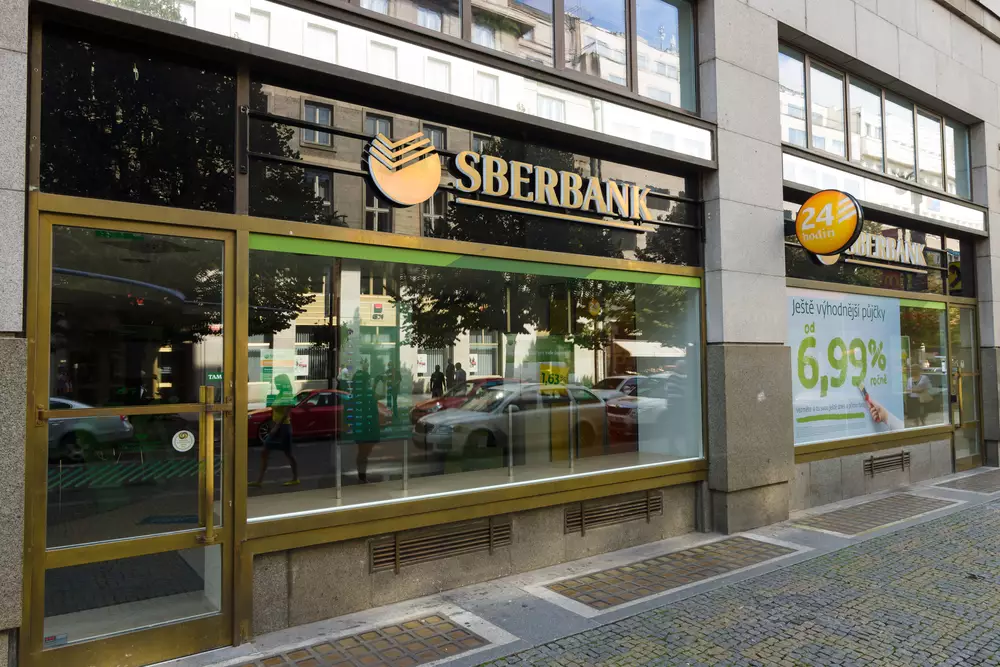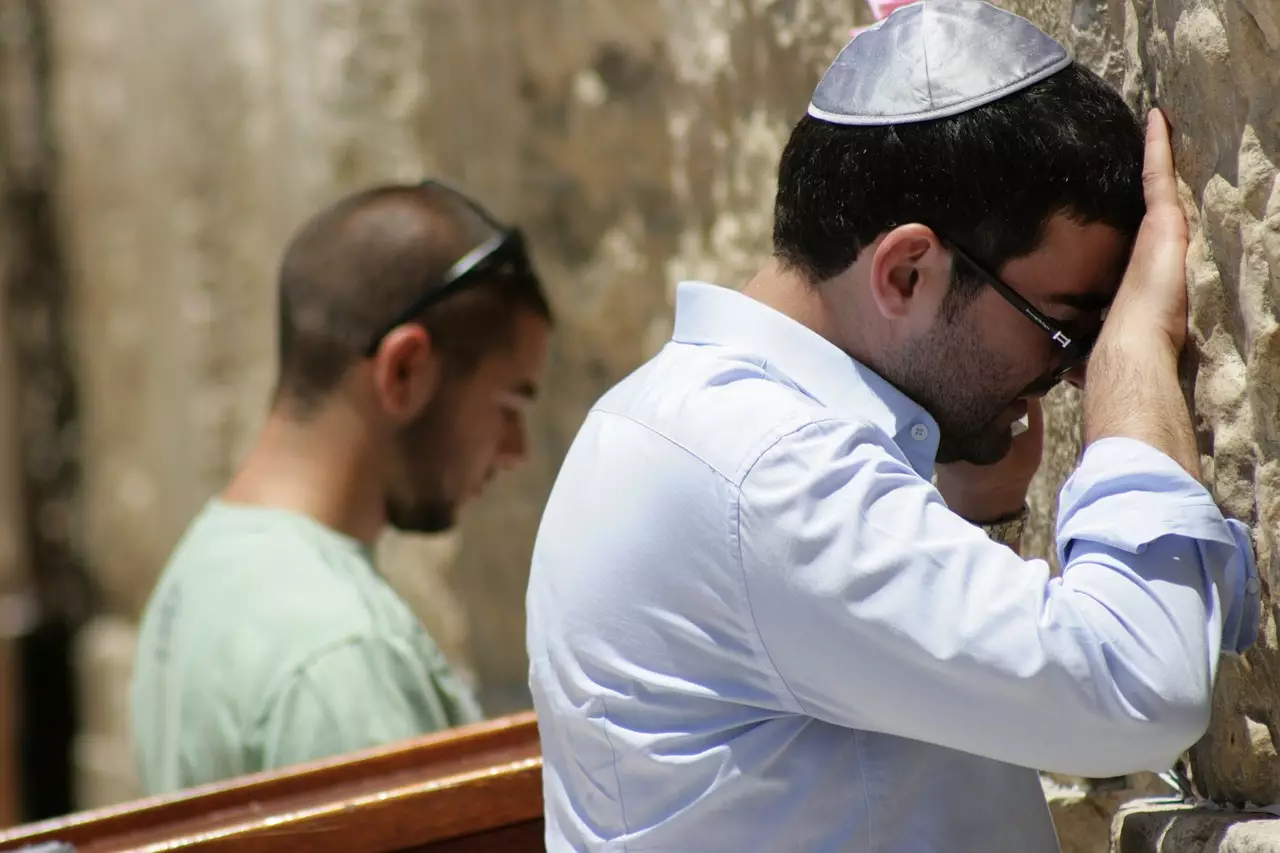Prague, June 5 (CTK) – Assisted reproduction has become a lucrative business in the Czech Republic where more and more women give birth to their offspring after 30 years of age and need treatment, critics say and say foreign women also arrive in the country, attracted by the quality and acceptable prices.
About 40 centres perform 30,000 treatment cycles annually, but a part of doctors call for the regulation of the business and for the introduction of assessment of the quality and success rate of the centres based on determined criteria.
Up to one fifth of couples in the country have infertility problems, compared with only 5 to 6 percent 25 years ago.
Jan Stencl, head doctor of the Unica Reproduction Medicine Institute, says women aged 23 years old gave birth to their first child in 1989, while last year the age rose to 30 years and the number of primiparas older than 35 years is rising.
Health insurance companies pay the infertility treatment of women up to 39 years of age, after which they cover it by themselves.
In the state Institute of Care for Mother and Child, women from the Czech Republic and other EU countries pay 26,000 crowns per cycle and women from outside the EU pay 40,000 crowns.
The freezing and storing of the embryo costs 4,000 and 8,000 crowns, respectively. The recipient of a donated egg and sperm pays 82,500 crowns and 115,000 crowns, respectively. The sperm donor gets 1000 crowns, the egg donor 20,000 crowns.
Private clinics’ prices are similar.
Up to four billion crowns flow through the business and the profit may further increase if the clinics owned by the Hartenberg fund which manages Finance Minister Andrej Babis’s money, pushes through the raising of the age of women by when assisted reproduction is paid by health insurance companies to 43 years.
The fund acknowledges the ownership of 40 percent of clinics and it wants to further extend its business.
Petr Popov, deputy head of Helios Sanatorium, says it is a question of whether this is still medicine.
Helios is not part of Babis’s network.
“The density of the Czech assisted reproduction centres per capita is the densest in Europe, if not in the world,” Popov told CTK.
($1=24.221 crowns)



